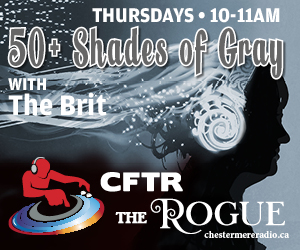From the very beginning when humans lived near one another, they have had to contend with the ups and downs of being neighbourly. The earliest religious and legal documents sought ways of helping find peace between neighbours. Moses gave God’s laws, a cornerstone of which was to “love your neighbour as yourself.” In ancient Babylon, the law code of Hammurabi had multiple laws to punish those who cheated or stole from their neighbours.
The word ‘neighbour’ is from the old english word ‘neahgebur’ which means ‘near’ (nigh) & ‘dwelling’ (bur); so “the person who lives near your home.” Another translation says that ‘nigh-bour’ more precisely means “he who tills the next piece of land to mine.” Yet history shows that as long as people have lived near each other, they have also struggled to get along.
One of the more humorous stories comes from 1333 London when one family complained that their neighbours had removed the walls of the outhouse they shared together. Whether out of malice or as a prank, they were furious saying that it was “a thing which is an abomination and altogether intolerable.” Humanity has a long history of getting into fights with their neighbours, form outhouse antics and barking dogs, to gossip and litigation, many found that loving their neighbours was not an easy command to follow. It takes wisdom and selflessness to overcome obstacles to caring for our neighbours. It’s a lot easier to curse than bless.
Thankfully throughout history, and today, the very best qualities of neighbourliness have risen to the surface. Some of the most impressive stories come from times when neighbours have helped each other out. Even today we are impressed by Mennonite or Amish communities where hundreds of neighbours come together to raise a barn in just one day; a stunning reminder of what people can do for each other, together.
This sense of cooperation between neighbours is what sets civilized nations and communities apart from the rest. On May 17, 1961, President John F. Kennedy addressed the Canadian Parliament in Ottawa. A now-famous line from his address brought into sharp focus the power that comes from being good neighbours. He said, “Geography has made us neighbors. History has made us friends. Economics has made us partners. And necessity has made us allies. Those whom nature hath so joined together, let no man put asunder.”
When neighbours make a point of working for each others’ good, we do more than just offer a kindness, we demonstrate that we are able to rise above thousands of years of squabbling, cursing, and fighting that has defined much of human history. If we contend for peace in the Middle East or civility in US politics, then we need to be those who demonstrate all the more goodwill towards the people who we share our fences with.
Perhaps Chestermere will one day be a welcomed chapter in the history of neighbourliness, a celebrated little community in Alberta that found ways to care for each other; reimagining what loving their neighbours could really mean.









